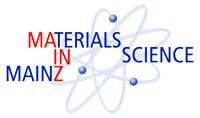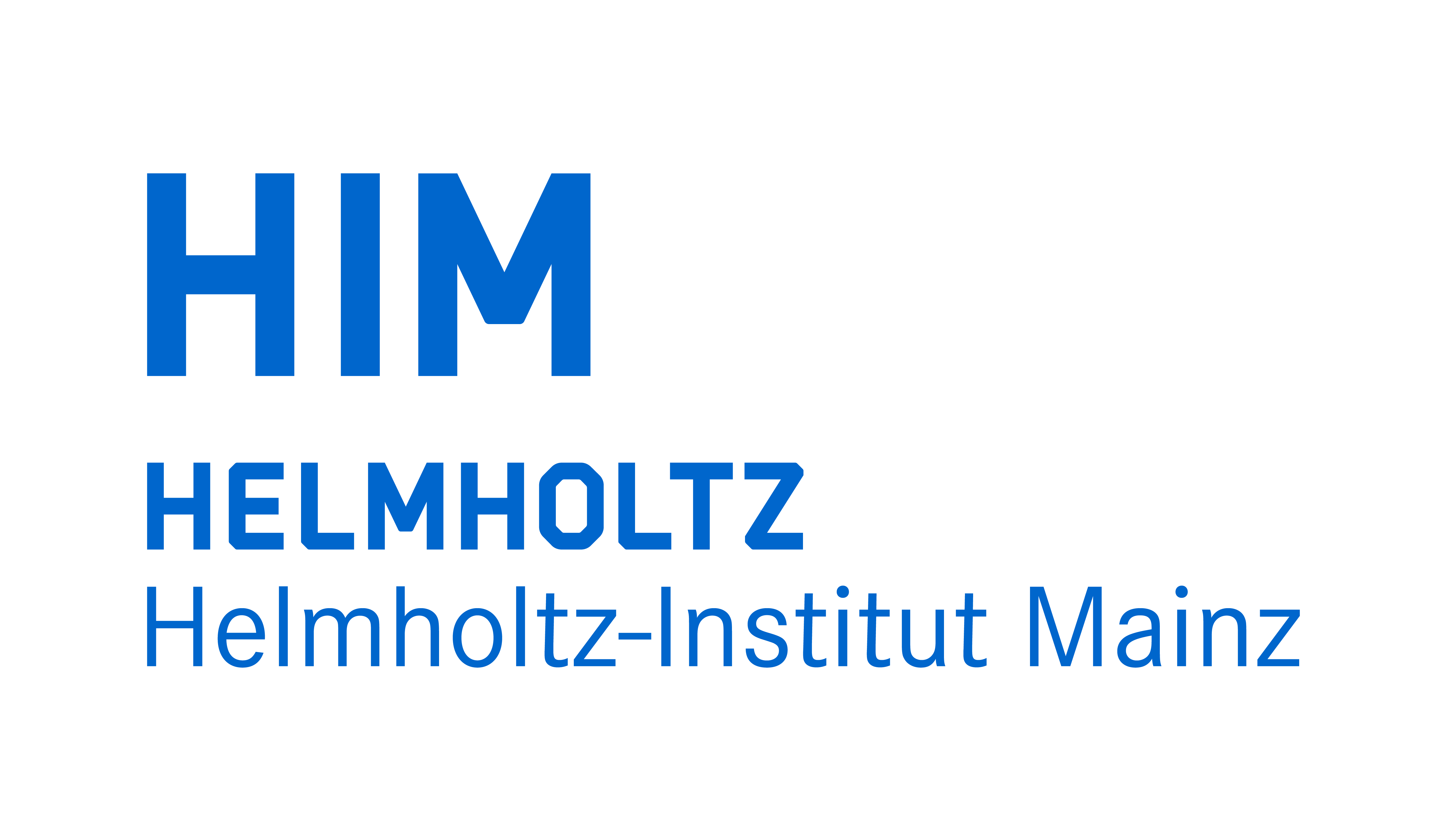


Physikalisches Kolloquium
July 5, 2022 at
4:15 p.m.
in
HS KPH
Prof. Dr. Friederike Schmid
Institut für Physik
friederike.schmid@uni-mainz.de
Prof. Dr. Hartmut Wittig
Institut für Kernphysik
hartmut.wittig@uni-mainz.de
High-energy astronomical observations of black holes and neutron stars
Luciano Rezzolla (University of Frankfurt)
Neutron stars: from macroscopic collisions to microphysics
I will argue that if black holes represent one the most fascinating implications of Einstein's theory of gravity, neutron stars in binary system are arguably its richest laboratory, where gravity blends with astrophysics and particle physics. I will discuss the rapid recent progress made in modelling these systems and show how the gravitational signal can provide tight constraints on the equation of state for matter at nuclear densities, as well as on one of the most important consequences of general relativity for compact stars: the existence of a maximum mass. Finally, I will discuss how the merger may lead to a phase transition from hadronic to quark matter. Such a process would lead to a signature in the post-merger gravitational-wave signal and open an observational window on the production of quark matter in the present Universe.